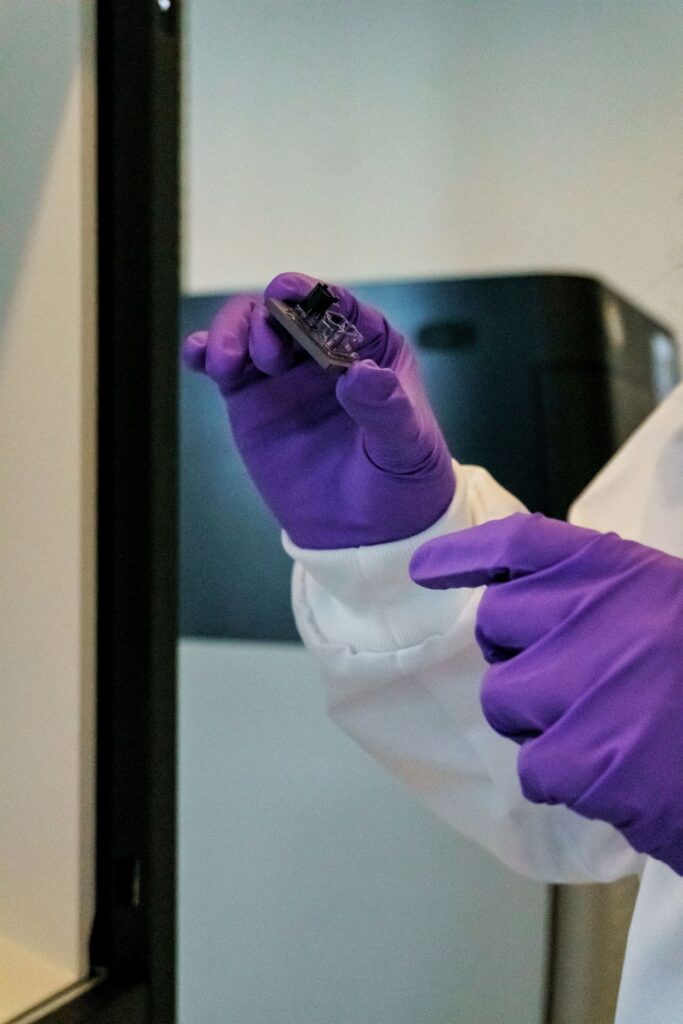PacBio reports that through its partnership with China-headquartered Berry Genomics, the Sequel II CNDx system has received Class III Medical Device Registration approval from the National Medical Products Administration (NMPA) in China. This marks the world’s first regulatory clearance of a clinical-grade long-read sequencer that signals a new era for precision medicine and high-accuracy genomic testing in China, according to Christian Henry, president and CEO of PacBio, who added that high-incidence genetic disorders such as thalassemia often involve complex variant types that are difficult or impossible to detect using short-read sequencing.
With the Sequel II CNDx system, clinicians can now access a complete picture of the genome in a single test—capturing single nucleotide variants (SNVs), insertions and deletions (indels), copy number variants (CNVs), structural variants (SVs), and repeat expansions with exceptional accuracy, continued Henry, who pointed out that when paired with Berry’s newly approved clinical thalassemia assay and software system, this approval delivers the first end-to-end long-read sequencing workflow for China’s hospitals and diagnostic laboratories, optimized for carrier, prenatal, newborn, and rare disease testing.
Improving clinical outcomes
“PacBio’s mission is to enable the promise of genomics to better human health,” said Henry. “China’s regulatory approval of Sequel II CNDx reflects not only the quality and performance of HiFi sequencing, but also its readiness to improve clinical outcomes on a global stage.”
The Sequel II CNDx system leverages PacBio’s Single Molecule, Real-Time (SMRT®) technology, the only sequencing technology capable of delivering both high accuracy and long read lengths of 20 kb and greater, claimed Henry. Unlike traditional approaches to thalassemia testing, HiFi sequencing allows each DNA molecule to be analyzed directly, discriminating highly homologous sequences while capturing single nucleotide variants (SNVs), insertions and deletions (indels), copy number variants (CNVs), structural variants (SVs), and enabling phasing in a single run, he explained.
“We are proud to bring PacBio’s HiFi sequencing technology into clinical practice,” noted Aiping Mao, PhD, vice director of R&D at Berry Genomics. “We plan to expand this capability to more clinical assays like congenital adrenal hyperplasia, fragile X syndrome, spinal muscular atrophy, Duchenne muscular dystrophy, and other complex single-gene disorders and panels. All these assays also work well on the newly launched benchtop Vega HiFi sequencer in clinical research applications.”

